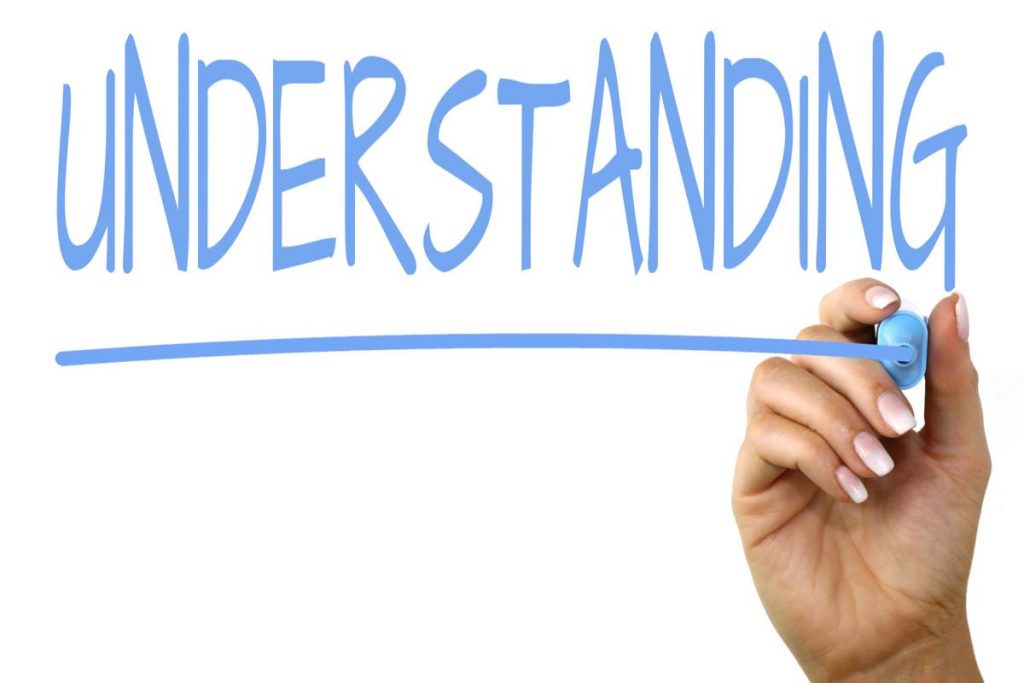
When it comes to learning new information, the human brain generally goes about things one of two ways. First, it may simply record information, allowing you to regurgitate the data on command at a later time. Then, there’s understanding. That’s when the “why” behind a piece of information really clicks. In this post, we’ll look at the differences between memorizing vs understanding.
What is Memorizing?
If you’re a musician, you’ve probably memorized a song before. Your brain and fingers instinctively know which notes to play at which time to make the song sound good. It may have taken a significant amount of time for you to fully memorize all of the notes. But when you look at the key signature, all the sharps and flats might as well be a different language to your brain.
Let’s look at a school-related example. Anyone who’s graduated from high school since the 2000s knows that the slope-intercept formula is y=mx+b. There’s a significantly smaller number of us, though, who have any idea what that means or when we’d ever need to use it.
Memorizing can be an extremely useful technique. For one, memorizing something usually takes less time than understanding it does. If you’re going to be tested on a subject, you can still get a good grade by studying and memorizing the topic – even if you don’t understand it.
What is Understanding?

Photo Courtesy of Nick Youngson CC BY-SA 3.0 Alpha Stock Images
Simply put, understanding happens when you actually know how something works. It’s about more than just flashcards and quizzes. You actually need to deeply know how a system works. If you understand something, you’ll be able to plug in different variables. The thing you understand becomes a tool in your mental toolbelt, waiting for a task to tackle.
Memorizing vs Understanding: What’s the Difference?
Ultimately, you can break down memorizing vs understanding pretty easily. Memorizing involves knowing the theory behind something. In contrast, understanding requires you to have a grasp on how the theory plays out in practice. Both of these techniques use different parts of the brain.
Both of these techniques have their uses. However, when you memorize something, chances are you’re going to forget it over a span of time. High school was half my life ago and I still remember the slope-intercept formula, after all.
When you understand something, you’re going to remember it for a longer span of time. Your brain will also internalize it, and you’ll be able to apply it to situations in the future. I still have no idea when I’d use the slope-intercept formula. Draw whatever conclusions you want from that.
For tips on getting the most out of your next study break, you can click here! If you have any ideas on what other topics and tips we can dive into, let us know on social media or at marketing@sdi.edu.


